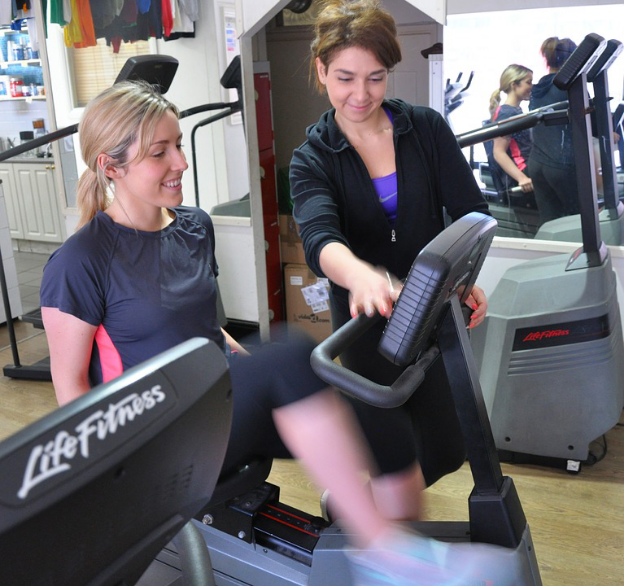Your heart is a muscle just like any other. The heart will remain healthy if you strengthen it with good life habits or it may become overworked and unhealthy if you’re not careful. In medicine, resting heart rates can be used to tell whether you’ll develop health problems in the future.
What is the Resting Heart Rate (RHR)?
The RHR is the number of times your heart beats in a minute when you’re not engaged in any physical exertion. You can measure it by counting your pulse for 60 seconds immediately after you wake up in the morning or by sitting down for a few minutes and counting it then.
According to doctors, a healthy resting heart rate lies between 60 to 90 beats per minute. Anything over 90 or below 60 could point out something wrong with your heart and you should get it checked out.
Why is RHR Important?

An overworked heart tends will get stressed out and malfunction. This can cause all sorts of heart-related problems. If your heart doesn’t lie in the normal range, it’s usually because the arteries can’t take as much blood to the heart for it to send to the rest of the body. To keep on pumping the right amounts of blood to the rest of the body, the heart will need to work harder.
This could point out any number of problems like high cholesterol or some problems with the heart structure. In fact, it’s very rare that there’s something wrong with your heart, it’s usually cholesterol that makes the heart rate rise.
It’s Possible to Reduce Your RHR

Reducing your Resting Heart Rate involves making some lifestyle changes. The most effective ways involve exercising more often, following through with certain specific types of exercises and monitoring your dietary habits.
Aerobic exercises are usually considered to be the best to reduce and maintain healthy heart rates. Some types of aerobic exercises are:
Jogging
Jogging is one of the most commonly prescribed exercises to reduce your RHR. Steadily increasing the speed and distances at which you jog, can significantly improve heart and muscle functioning. It also burns out fat which reduces the risk of artery blockages that may otherwise increase heart rates.
Swimming
Swimming works out the entire body since you have to work all your muscles to move through the water. This holistic sort of workout will help strengthen your muscles and improve heart health as you increase the intensity of your swimming regimens.

Cardio Classes
Fitness instructors often create entire regimens of workouts that are dedicated to aerobic exercises. These regimens can significantly improve stamina and your heart’s ability to bear greater strains.
Skipping
Skipping fulfills much of the same purposes that jogging does. As you skip rope, you steadily move through an increasing level of physical strain that improves muscle functioning and heart health.
Stair Training
For those who’re looking for an in-house training method, stair training is a great way to improve your cardiovascular health and tone your lower body.
Aarron Johnson at Trainer Joe’s Fitness helps his clients improve their health and wellness through well-rounded training regimens. His work includes helping his clients decide their nutritional and exercise requirements to live healthier lives. If you’re looking for fitness centers in Palm Desert CA; then Trainer Joe’s Fitness Center can help with weight loss and fitness concerns.
